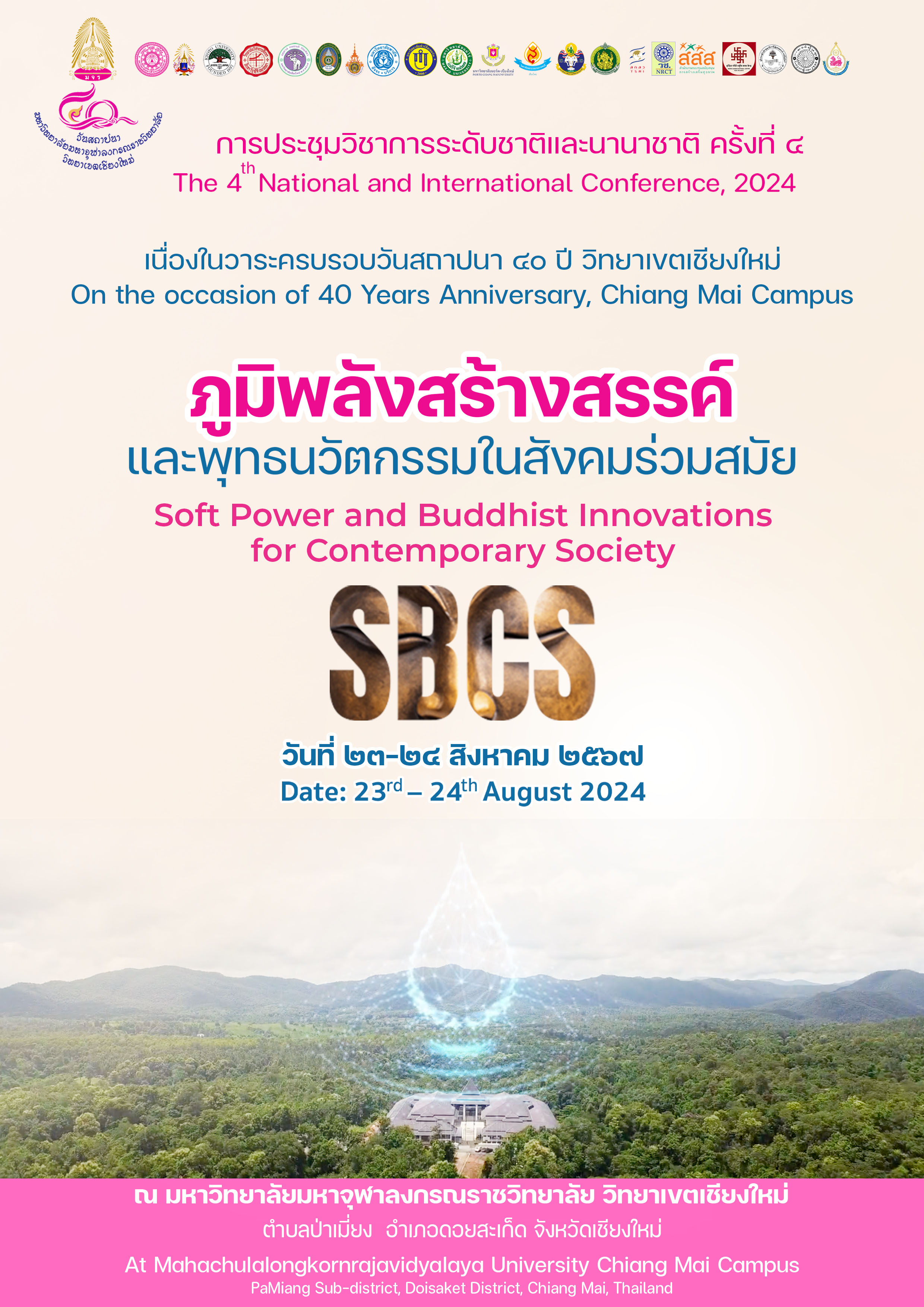Integrating Buddhist Concepts into Global Citizenship Education to Promote Sustainability
Abstract
This paper explores the integration of Buddhist concepts into Global Citizenship Education (GCE) as a means to promote sustainability and foster a holistic understanding of global interdependence. By examining Arne Naess's deep ecology (1973), Schumacher's Buddhist Economics (1973), and P.A. Payutto's writings of Buddhist economics (1992), the study demonstrates how these philosophies offer a comprehensive framework for nurturing global citizens who are aware of their responsibilities toward both people and the planet.
Naess's deep ecology emphasizes the intrinsic value of all living beings, advocating a fundamental shift from an anthropocentric to an eco-centric worldview. Central to deep ecology is its spiritual dimension, which resonates closely with Buddhist teachings on the interconnectedness of all life. This perspective aligns with GCE’s objectives by fostering a profound respect for the environment, cultivating a sense of interconnectedness, and promoting a commitment to the well-being of all life forms. By adopting deep ecology principles, students learn to value nature not only for its utility but also for its inherent spiritual worth, thereby developing a deeper understanding of the need for sustainable living practices.
Schumacher's Buddhist Economics, outlined in his seminal work Small Is Beautiful, advocates for economic models that prioritize human well-being and environmental sustainability over mere profit and growth. His ideas of "enoughness" and "right livelihood" challenge conventional economic practices, urging a shift towards community-centered development, ethical consumption, and the pursuit of meaningful work. This approach resonates with the goals of GCE by promoting economic systems that are both just and sustainable.
Similarly, P.A. Payutto’s writings of Buddhist economics emphasizes moderation, mindfulness, and ethical consumption. His teachings encourage a balanced approach to material wealth, advocating for mindful consumption, the reduction of greed (Lobha) and the cultivation of skillful desire (Chanda). These principles can guide students in making conscious choices that contribute to both personal and collective well-being.
Integrating these Buddhist concepts into GCE not only nurtures global citizens who are equipped to address environmental challenges but also fosters a worldview rooted in compassion, ethics, and sustainability. This comprehensive approach contributes to the development of a more just, peaceful, and sustainable global society.

